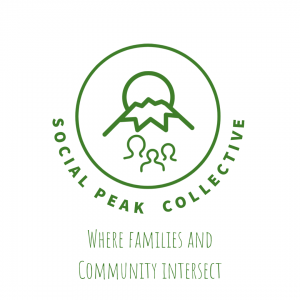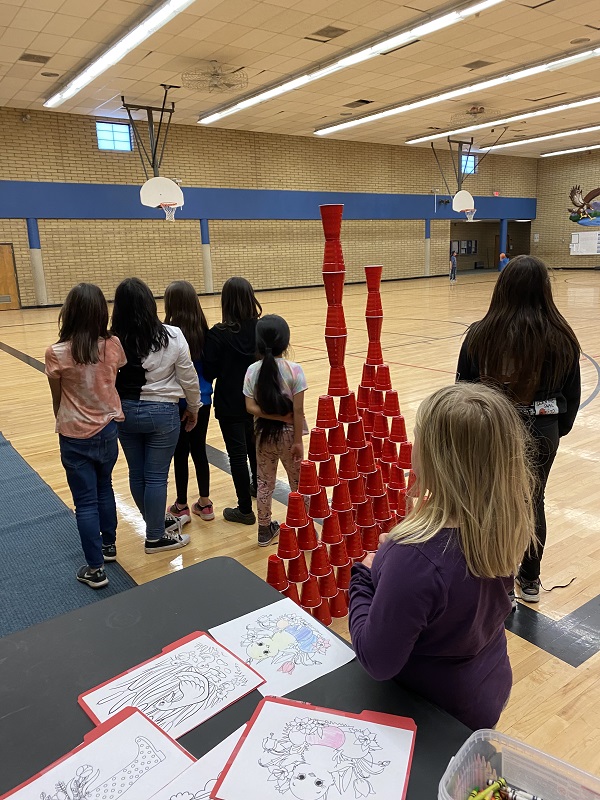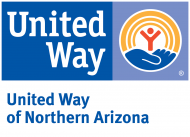
There’s no doubt the greater Flagstaff area is rich in resources to help people with basic needs. Between government services and non-profits, there are scores of programs that can assist families with everything from food insecurity to health screenings to utility expenses.
Navigating these systems, however, can be a challenge. Programs are in different locations, each with their own intake processes and forms. There wasn’t a one-stop solution to make accessing services easier for families in need.
Until now.
United Way of Northern Arizona is proud to be partnering with a wide array of organizations under the banner Social Peak Collective. Together, we are working to increase collaboration between social service partners so families can access these life-changing services in a more efficient and equitable way.

The new collective started its work in late January with pop-up events at Puente de Hozho and Killip elementary schools. These play-based events, timed just when school is getting out, allow a Family Partner Specialist to build relationships with parents picking up their children while the kids are having fun with sidewalk chalk or an Easter egg hunt.
“They are nice family events, very low pressure,” said Rebecca Cirzan of Candelen, which is helping to spearhead the initiative with the help of a grant from Coconino County Health and Human Services.
Meeting people where they are, instead of requiring them to go into an office, lessens the stigma of needing human services and gives the parents a chance to get to know each other and strengthen their communities, according to Erin Kovac, the Family Partner Specialist who organizes these events.
Eventually, the Social Peak Collective would like to bring these types of events to laundromats, low-income housing complexes and – with a mobile unit – outside of the greater Flagstaff area.
Another innovation the group is working on is using a closed loop database system where one intake form is used by a multitude of organizations. Ideally, the system would allow families to be referred to all the partners they might need, without having to visit multiple locations and fill out different forms at each one.
This also will keep a referring partner in the loop, Cirzan said.
“Often in social services, we suggest someone go to a place like the food center and we give them a phone number and that’s great,” she said. “But we never know what happened after that point. Did it work? Did they go? Having a closed loop will let people know what services are being used, where there’s demand and where they are gaps.”
She added that the referrals will not be exclusively to Social Peak partners and that the group of organizations participating in the collective continues to grow.
In addition to UWNA, Candelen and Coconino County Health and Human Services, the current partners include: First Things First, Chicanos Por La Causa/Parenting AZ, Inc.; Flagstaff Unified School District, including leadership at Puente de Hozho and Killip schools; Building Communities Flagstaff; Flagstaff Family Resource Center; Care 1st; Coconino County Juvenile Detention; and NACOG Head Start.



